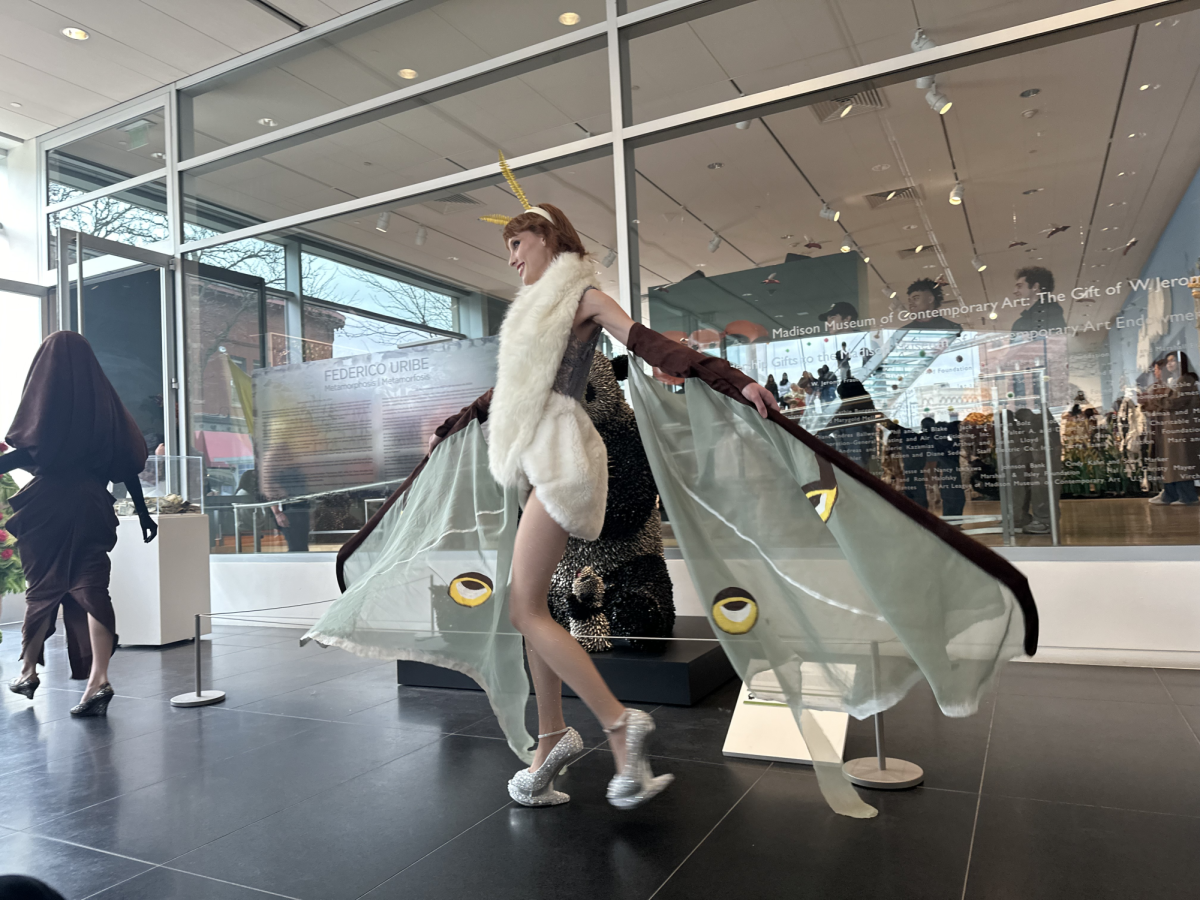A University of Wisconsin professor told a crowd Wednesday that race has played a critical role in the formation of an ever-changing black music culture in the United States since the days of slavery and the antebellum.
Ronald Radano, a UW music professor, talked about the history and development of black music culture in a lecture titled: “Who Owns Black Music? Reflections on Cultural Property, Ownership and Value.” The talk was the most recent in the Focus on the Humanities: Distinguished Faculty Lecture Series which began in November of last year.
In his talk, Radano focused on the deep-rooted origins of black music and how it has affected all types of music we hear in the mainstream today. He communicated his message to the audience through a historical background and the use of relevant audio clips from artists such as Public Enemy.
Radano said “black” music had its origins during the slave trade when certain slaves were valued more due to their ability to sing or play an instrument.
“[A slave’s] performance skills became noteworthy because they could enhance the commercial value of the owner’s property,” Radano said.
Along with the value placed on those particular slaves came the first value put on black music. It is this sudden placement of value on black music that Radano argued first gave weight to this specific part of black culture.
He said black music can be defined as a “creative struggle” ever since it was first recognized during slavery. This struggle has continually consisted of non-black artists taking ideas from black artists, forcing musicians to adapt.
He added these clashes between the musical styles of different races is what gives us different genres of music today, and without them, music would not be the same.
“If it were not for the force of racial thinking, all of these versions of music making by blacks, Italians, Russians, Cubans, Puerto Ricans and native whites might have eventually meshed into a coherent form,” Radano said.
UW sophomore Andrew Berger agreed with Radano in saying race does play a major role in defining styles of music. He said he thought there was an obvious connection between the black culture and today’s hip-hop scene.
“When you realize that there has only been one successful white rapper, in Eminem, and the rest of them are black, you can’t deny that race is a huge factor,” Berger said. “I think that it’s part of their culture.”
Radano does not believe people will ever look past the issue of race and music because of the astounding role it has played in black culture.
“Like it or not, we still conceive of the relationship of music and race according to the scheme of the colorblind mapped out by W.E.B. Dubois over 100 years ago,” Radano said.











